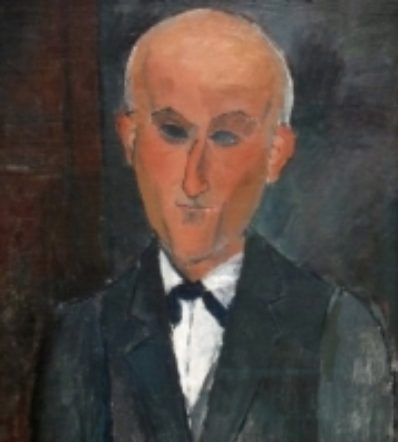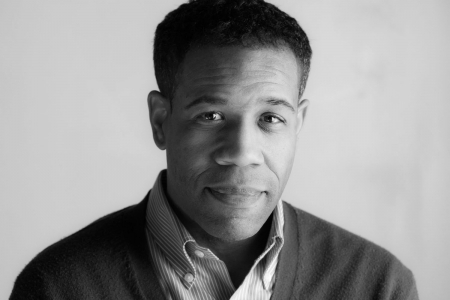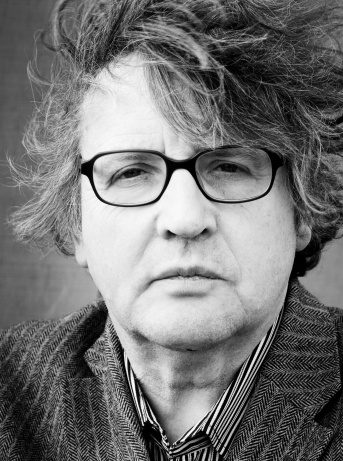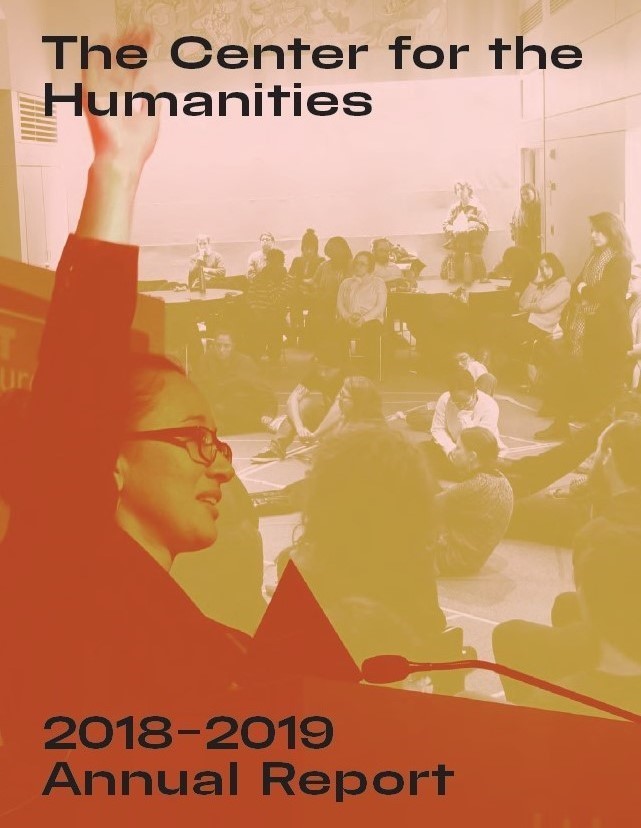Mission Creep: Over-Policing the Poetic Imagination
Tue, Nov 20, 2018
6:30 PM–8:00 PM
The Skylight Room (9100)
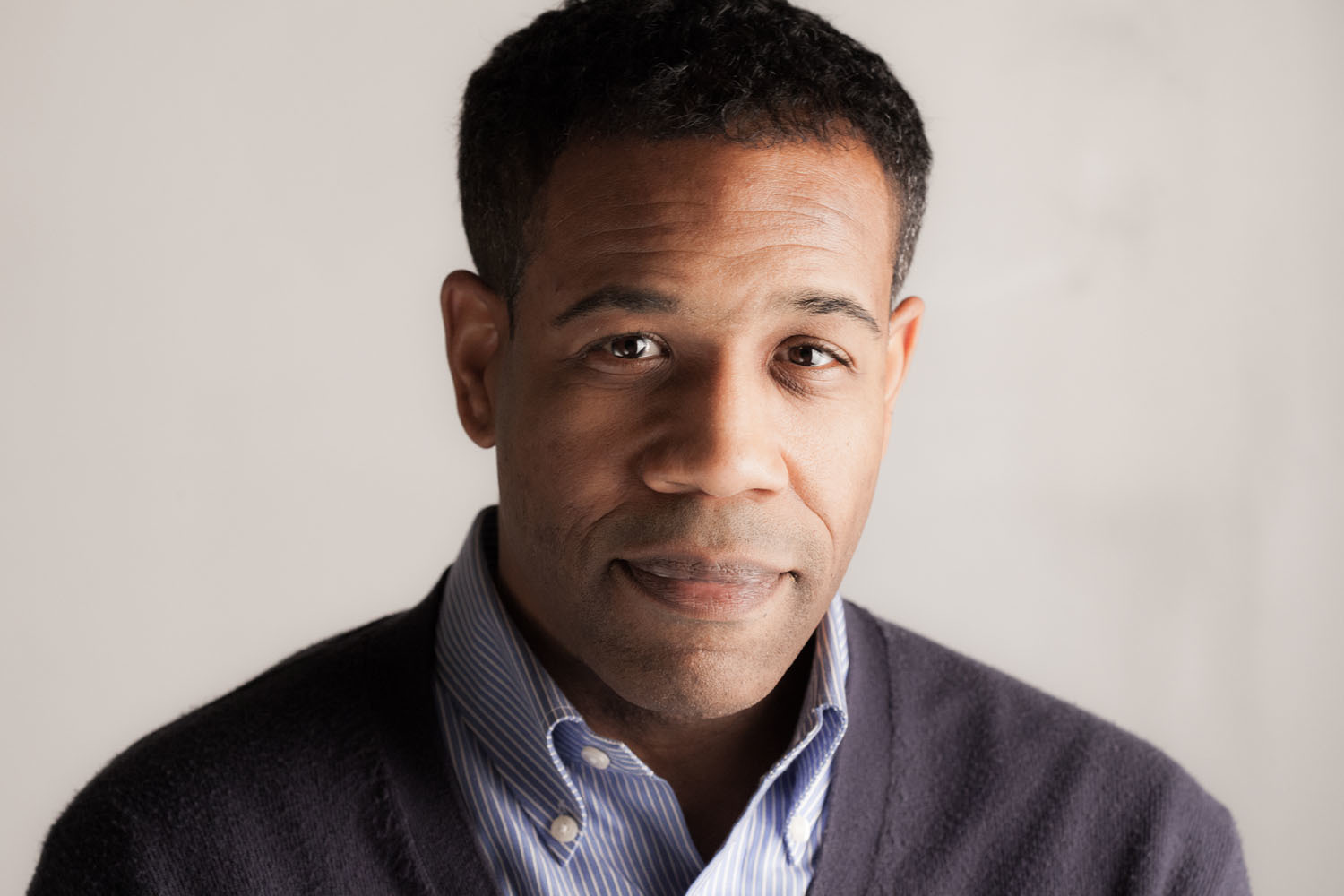
Join us for “Mission Creep: Over-Policing the Poetic Imagination,” the 12th Bi-Annual Stanley Burnshaw Lecture by poet and Pulitzer Prize winner Gregory Pardlo. Undertaken with the best intentions, our efforts to dissuade cultural appropriation have grown punitive and hostile to imaginative risk-taking. Particularly suspect, the use of dialect in poetry has long been as contentious as it is symptomatic of larger trends within and beyond the literary community. Some poets and critics have dismissed dialect as a flawed literary device, while others have used it to counter academic tendencies in American poetry. Today, few discussions of dialect even make it to the page, instead raising questions of permission and authority before craft. How do we subvert the border agents of cultural identity to address our best intentions anew?
Free and open to the public, but if you wish to attend, please click here to RSVP.
Gregory Pardlo is the author of Digest (Four Way Books), which won the 2015 Pulitzer Prize for Poetry. His other honors include fellowships from the Guggenheim Foundation, the National Endowment for the Arts and the New York Foundation for the Arts; his first collection Totem was selected by Brenda Hillman for the APR/Honickman Prize in 2007. He is Poetry Editor of Virginia Quarterly Review. Air Traffic, a memoir in essays, was released by Knopf in April.
Stanley Burnshaw was an influential poet, critic, translator, editor, publisher and novelist. Amongst his many publications is The Seamless Web, on the origins of poetic creativity. The Stanley Burnshaw Lecture is hosted every other year by The Harry Ransom Center for Research in the Humanities at the University of Texas, Austin.
Co-sponsored by the Center for the Humanities at the Graduate Center, CUNY and the Harry Ransom Center for the Humanities, University of Texas, Austin.
https://vimeo.com/303503764Participants
Related Events
Conversation & Reading
Reimagining the Mainstream: A Celebration of 2015 Pulitzer Prize-Winner Gregory Pardlo
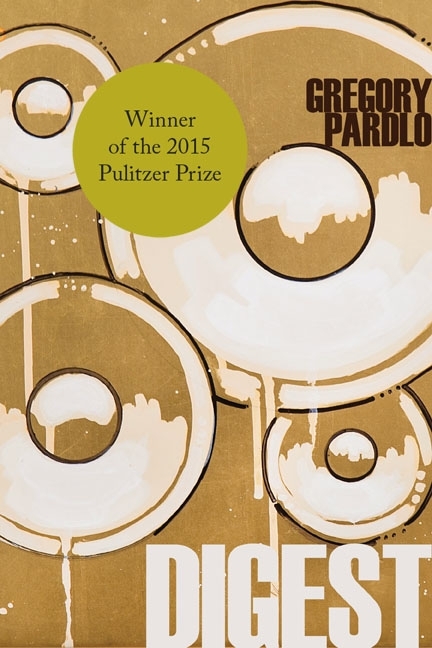
Event
Max Jacob: Mysticism and Radical Poetry The 9th Bi-Annual Stanley Burnshaw Lecture
